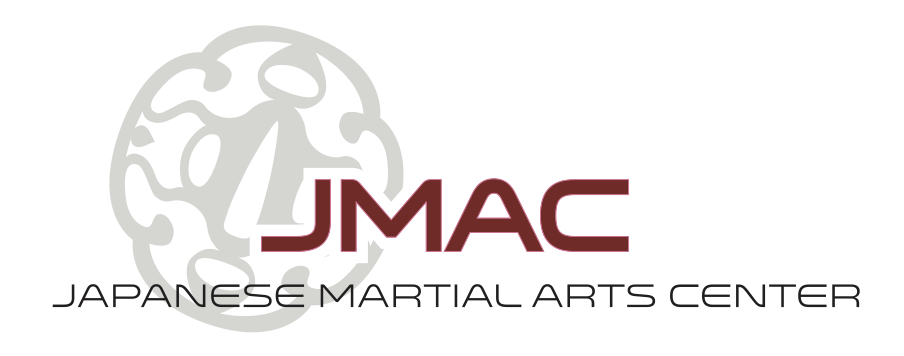(Reprinted from the Journal of the Shudokan Martial
Arts Association, Volume 17 #2)
On August 17, 18, and 19 Nicklaus Suino Sensei, SMAA
Judo Division Director, will be offering a special seminar at his Michigan dojo
featuring budo experts Sato Tadayuki Sensei and John B. Gage Sensei. Both
teachers are coming direct from Tokyo to the U.S., and they’ll be offering
instruction in three important Japanese martial arts:
•The Kodokan judo of Kano Jigoro Sensei
•The Shodokan aikido of Tomiki Kenji Sensei
•The Nihon jujutsu of Sato Shizuya Sensei
Sato Tadayuki Sensei - Direct Student of Tomiki Kenji
Sato Tadayuki Sensei is one of the world’s leading
Shodokan aikido experts. He was taught by Tomiki Kenji Sensei, founder of
Shodokan aikido, in the living room of his house every Sunday before tea, and
so he has an in-depth knowledge of Tomiki Sensei’s aikido system. He is also an
accomplished judoka. Sato Sensei, sixth dan, was granted the position of Shihan
of Waseda University Aikido club in 2007. This position has been vacant since
Professor Tomiki’s death in 1979. He is an expert in his field, and in
particular, the link between Kodokan judo and Tomiki-style aikido. He also
teaches aikido at the Japan Police University, and he lives in Tokyo.
John Gage Sensei - Direct Student of Sato Shizuya
Sensei
John Gage Sensei has been studying and teaching
Japanese martial arts in Tokyo since 1986 when he joined the American Embassy
Judo Club, which was lead by the late Sato Shizuya Sensei. Following the death
of Sato Sensei, he became the leader of this well-established dojo, and he has
been a member of the Kodokan Judo Institute since 1991. He has earned a seventh
dan in Sato Sensei’s system of modern jujutsu, and he has a fifth dan in judo.
He has taught seminars in judo and jujutsu in Belgium, Denmark, France,
Germany, Hungary, Romania, the U.K., and the USA.
Outstanding Opportunity
Contact Suino Sensei soon to get more details about
this world-class training in world-class judo, aikido, and jujutsu. He can be
reached at info@japanesemartialartscenter.com
or (734) 645-6441.
